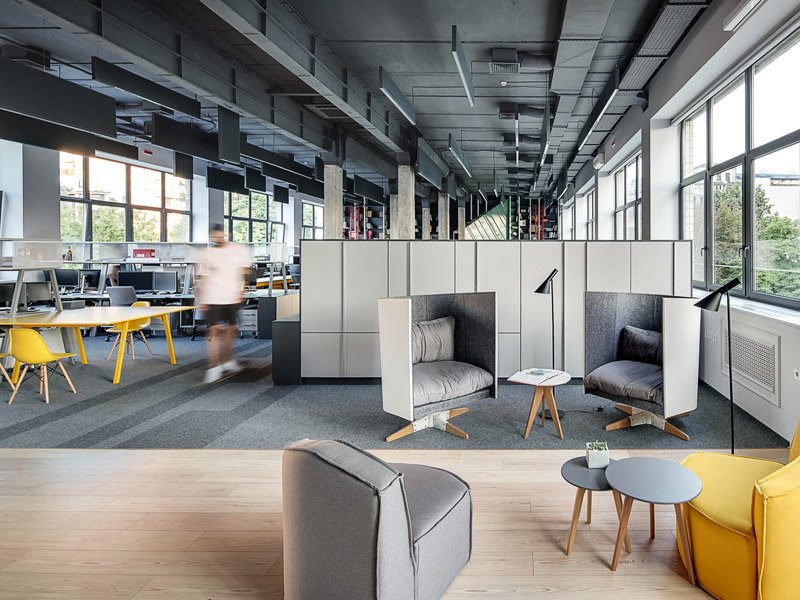Commercial Inspection
Commercial Inspection: What You Need to Know
If you are a business owner, property manager, or investor, it is important to ensure that your commercial property is safe, up to code, and in good condition. One way to do this is by conducting a commercial inspection. Commercial inspections are an essential part of maintaining the safety and integrity of your property. In this blog post, we will cover everything you need to know about commercial inspections, including what they are, why they are important, and what to expect during an inspection.
What is a Commercial Inspection?
A commercial inspection is a thorough evaluation of a commercial property, typically conducted by a licensed and certified professional. The inspection covers all aspects of the property, including the building’s structure, electrical systems, plumbing, HVAC systems, and any other systems or components that are critical to the property’s overall safety and functionality. The goal of a commercial inspection is to identify any issues, deficiencies, or hazards that could compromise the safety of the building or its occupants.
Why Are Commercial Inspections Important?
There are several reasons why commercial inspections are important. First and foremost, they help ensure the safety of the building and its occupants. By identifying any hazards or deficiencies, you can take steps to address them before they become a serious problem. This can help prevent accidents, injuries, and even fatalities.
Commercial inspections are also important for legal and financial reasons. In many cases, commercial inspections are required by law, either as part of a building permit process or as a condition of obtaining financing or insurance for the property. Additionally, a thorough commercial inspection can help identify any potential liabilities or risks associated with the property, which can help you make informed decisions about your investment.
What to Expect During a Commercial Inspection
During a commercial inspection, the inspector will conduct a thorough evaluation of the property, typically starting with a visual inspection of the exterior of the building. The inspector will look for any signs of damage, wear and tear, or other issues that could affect the building’s safety or functionality.
Next, the inspector will move inside the building and evaluate the various systems and components that are critical to the building’s operation. This includes electrical systems, plumbing, HVAC systems, fire safety systems, and any other systems or components that are unique to the property. The inspector will look for any signs of wear and tear, damage, or other issues that could affect the safety or functionality of these systems.
Once the inspection is complete, the inspector will provide a detailed report of their findings, including any deficiencies or hazards that were identified during the inspection. This report will typically include recommendations for addressing any issues that were identified, as well as an estimate of the cost to make any necessary repairs or upgrades.
Types of Commercial Inspections
There are several types of commercial inspections, each with its own specific focus and requirements. Here are some of the most common types of commercial inspections:
Office Inspections: These inspections focus on commercial office buildings, including high-rise buildings, multi-tenant buildings, and small office spaces. The inspector will evaluate the building’s structure, electrical systems, plumbing, HVAC systems, fire safety systems, and other critical components.
Restaurant Inspections: Restaurant inspections focus on the unique systems and components that are required for commercial kitchens and food service areas. The inspector will evaluate the kitchen equipment, ventilation systems, plumbing, and other components that are critical to the safe and efficient operation of the restaurant.
Warehouse Inspections: Warehouse inspections focus on the unique systems and components that are required for commercial storage and distribution facilities. The inspector will evaluate the building’s structure, electrical systems, plumbing, HVAC systems, fire safety systems, and other critical components.
Medical Office Inspections: Medical office inspections focus on the unique systems and components that are required for medical and dental offices. The inspector will evaluate the medical equipment, electrical
If you’d like to schedule an inspection, contact us now:
🌎 latinspection.com
📞 206 - 202 7522 ( work ) ( Call only )
📞 408 613 5572 ( Cell ) ( call & text )
✉️ Info@LATinspection.com
📍Servicing King & Pierce County and the surrounding areas.




